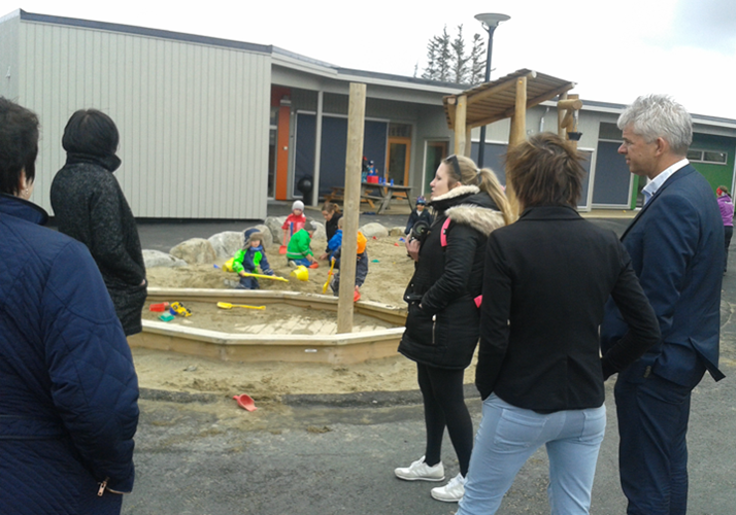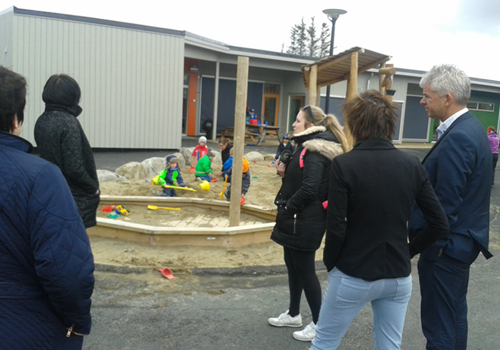Who can apply for funding and how?
Article
|Published
Norwegian governmental, regional, municipal, private and volunteer agencies, universities/colleges and others can establish collaboration with institutions in the partnering countries within the EEA.
An important principle for the EEA Grants is that only organisations, institutions, companies and agencies in the fifteen countries receiving EEA Grants, can apply for funding. Norwegian partners can only be invited to participate by the applicant. In addition, Norwegian collaborators can establish partnerships through the bilateral funds under the EEA Grants.
The bilateral funds cover expenses related to seminar, conferences, study tours, exchanges and the like. Again, Norwegian institutions can only be invited to become a partner, they cannot apply directly.
Some advice
In a survey conducted by the Norwegian Institute of Public Health in 2016 previous programme partners gave the following advice:
- Conduct a thorough analysis of the country and partner institution before you decide if your institution will enter into a partnership agreement.
- Make sure that the goals and responsibilities are absolutely clear for both parties.
- Ask others for advice if you are in doubt about anything.
- Ensure that your institution can provide adequate resources and staff to handle both the technical/scientific work and the significant amount of administrative coordination needed.
- If Norwegian partners experience any uncertainties about the project, the collaboration or the use of funds, we encourage them to contact the Norwegian Institute of Public Health or the Financial Mechanism Office (FMO) in Brussels directly.
For more information, see the practical Step-by-step Partnership Guide.
You may also read about fifteen projects from the last programme period (2009–2014) in the folder «Working together to reduce health inequalities».
Information about the programmes from the partnering countries
The website eeagrants.org presents more information on each country:

